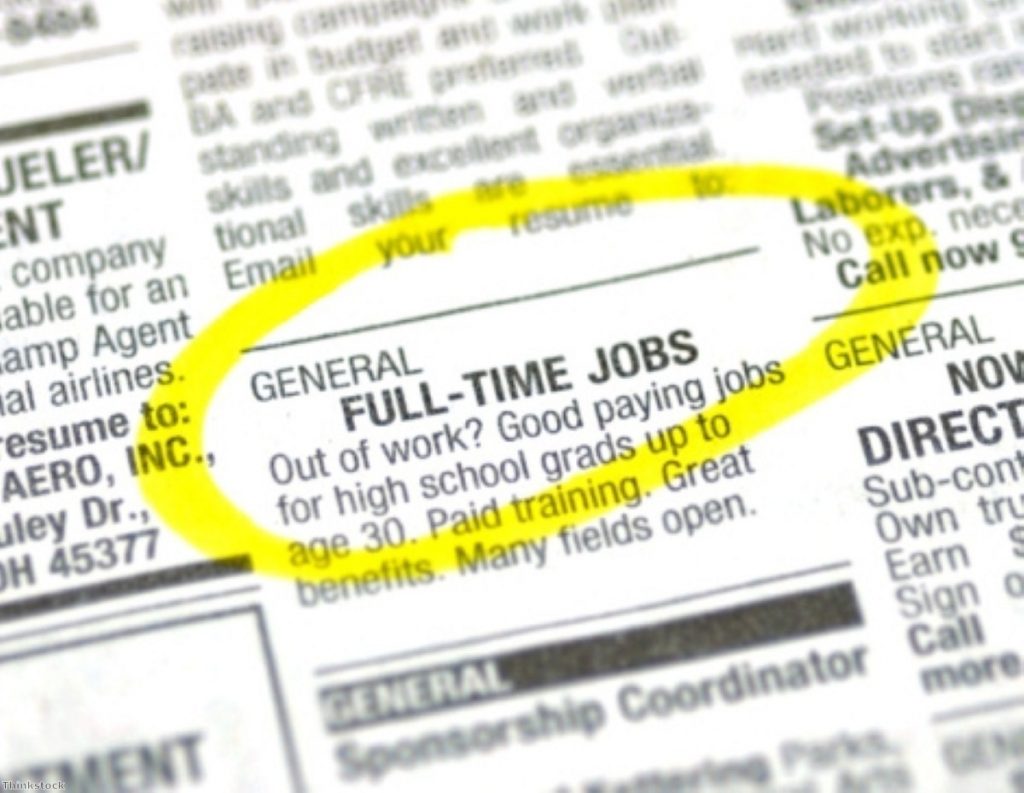Tory ex-chancellor: Have a little patience over recovery
By politics.co.uk staff
Labour have hit out at Tory "complacency" after former chancellor Nigel Lawson called for "patience" over the economic recovery.
His controversial remarks to peers came on the day when unemployment hit its highest rate since 1995, reaching 8.4% in the final three months of 2011.
Lord Lawson, who served in No 11 under Margaret Thatcher's premiership, called on those concerned about Britain's sluggish growth that they should "learn a little patience".
He was quoted by PoliticsHome as asking peers: "Is it not the case that if there were some short cut to resume growth, the government would certainly take it?"
Shadow Treasury minister Cathy Jamieson said his comments reflected the "lack of urgency" in the government's approach to driving forward economic growth.
"Telling the 1.4 million people who have been out of work for more than six months to have a little patience shows just how out of touch the Tories are," she said.
"And the one million plus young people now out of work can't afford to wait on the dole for years on end, as they see their life chances scarred."
The unemployment rate was up 0.1% on the previous quarter to 2.67 million people, underlining concerns that rock-bottom private sector confidence is hitting the job market hard.
Labour said the coalition's austerity agenda was creating a "jobless generation". Youth unemployment increased by 22,000 to reach 1.04 million in the last quarter. This figure includes 307,000 young people in full-time education who are looking for work.
"This is a crisis but the government simply carries on with more of the same – an economic strategy that isn't working," opposition leader Ed Miliband commented.
Figures from the Office for National Statistics showed there were 48,000 more people out of work.
But they also confirmed that employment rate also rose by 0.1% and that the number of economically inactive people was down by 78,000.
The rise in the number of unemployed people was the slowest rise in seven months. This was partly because an increase in part-time jobs masked a larger reduction in full-time roles.
Average pay increases in the last year were two per cent, the same rate as seen in November.





-01.png)